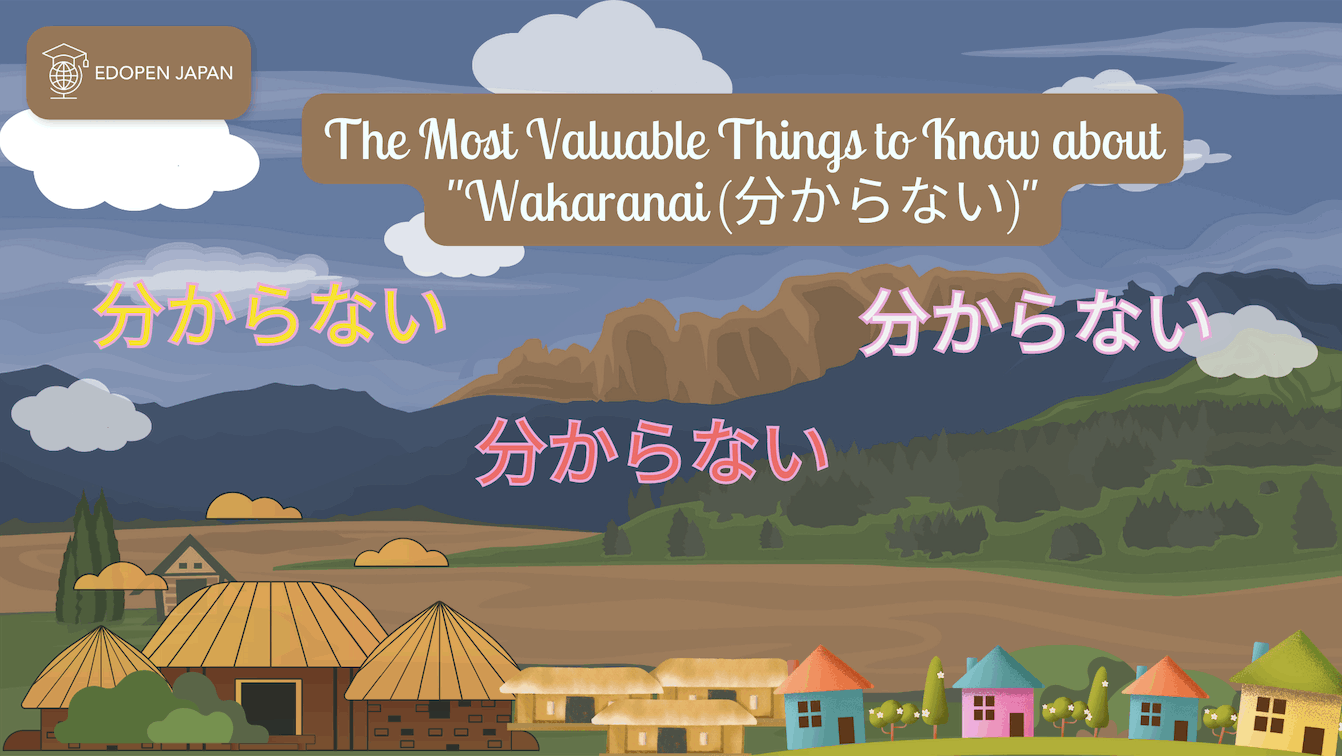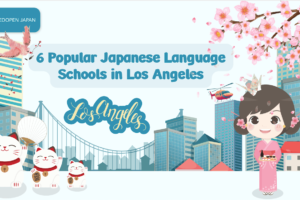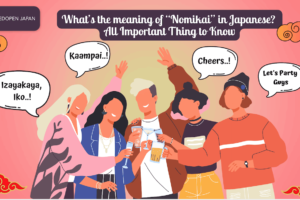When you are discussing with Japanese friends, there might be a point where you want to express that “you have no idea about the topic”, then you would express “I don’t understand what you are saying” to your Japanese friends.
Also, if you are learning Japanese and you can’t understand the phrase or sentences then you need to show that you have no idea about it, you need to be able to express “I don’t understand what you are talking about” in Japanese, right? Then this article is for you!
Especially if you are a beginner, being able to say “I don’t understand” in Japanese would be very useful for you and avoid that awkward moment when your Japanese friend keeps looking at you and waiting for your answer.
In general, saying “I don’t understand” in Japanese is not complicated. Since we only need to say verb in Japanese, you only need to remember these 2 verbs: 知らない (shiranai) or 分からない (wakaranai). These two phrases have a common meaning in Japanese, “I have no idea”. Moreover, these 2 phrases are also commonly used, but they have quite different nuances.
To deepen your understanding of these 2 phrases, let’s go through the following guide and leave your comments if you have any questions or are unclear. I look forward to hearing from you all! Let’s go from here!
See also our very comprehensive discussion below of phrases that are also very common in Japanese conversation, such as (大丈夫) daijoubu:
Read also:
How Hard is it to Learn Japanese?
The Meaning of Yabai (やばい)
What’s the Meaning of “Naruhodo (なるほど)”?
Contents
The Meaning of Wakaranai(分からない)
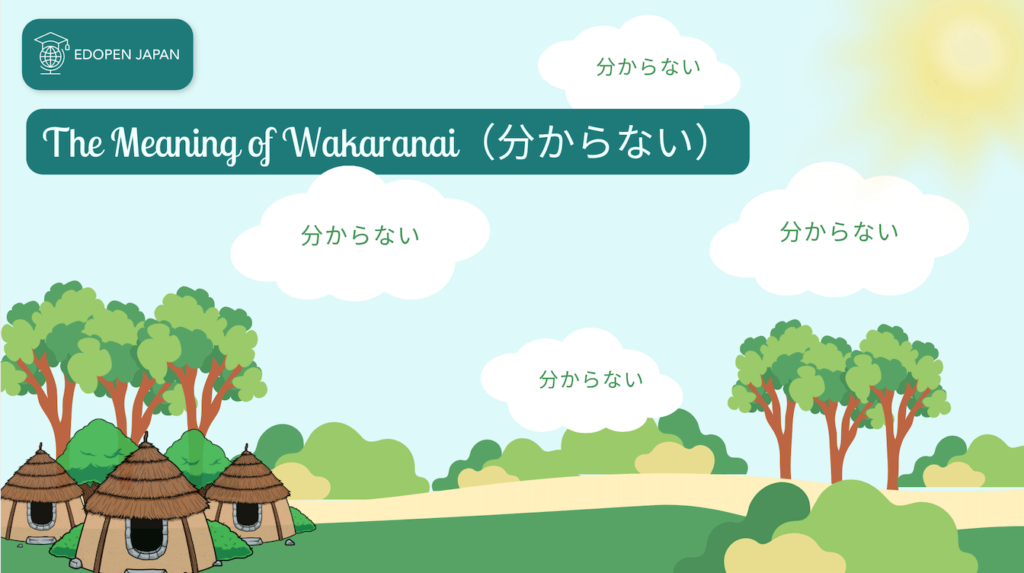
Originally, the phrase 分からない (wakaranai) comes from the original verb 分かる (wakaru), which means “to understand or know”. Then wakaranai is the negative form of the original verb wakaru, where the letter ‘ru’ at the end of the word is replaced by ‘ranai’ to become wakaranai, which means ‘not to understand’ (negative).
Since it’s a verb in Japanese, the overall meaning has changed from “I understand” to “I don’t understand”. If we try to translate it into English, instead of just “I don’t know”, if we use わからない (wakaranai), the meaning is closer to “I don’t understand”.
According to this condition, わからない (wakaranai) is a phrase that expresses mostly intellectual or emotional matters. If you say わからない (wakaranai), your Japanese friend who hears it would get a nuance that you have tried to understand the subject.
Unfortunately, it is beyond your capacity, then you were unable to understand it, then there is no better option than to say that you don’t know.
Example of sentences using “Wakaranai”
Let’s go through the example below:
- 申し訳ないけど、言ってることは分からない。
Moushiwakenai kedo, itteru koto ha wakaranai.
I’m sorry, but I don’t understand what you’re saying.
or please also look at the following example:
- (私は)日本語が分からないです。
(Watashi ha) Nihongo ga wakaranai desu.
(I) don’t understand Japanese.
In both of the above examples, the speaker is expressing that they don’t know, which in context means that they are unable to understand, even though they have tried to understand.
Please note that:
分からない (wakaranai – the negative form)
分かる (wakaru – the positive or affirmative form)
分かる (wakaru) have the meaning of “to understand” in Japanese has a nuance of trying to relate to the speaker and their words/feelings as well. In those situations where we have tried to understand and connect more deeply with a person’s feelings.
But, unfortunately after trying it is beyond our ability then we are unable, then we can use分からない (wakaranai). Alternatively, of course, if you understand, albeit slightly, you also deserve to say分かる(wakaru).
In the part below, let’s use another option using additional words such as よく(yoku), あまり (amari) and 全然 (zenzen) instead of just saying 分からない wakaranai to make your Japanese sound richer and more natural.
How to say I don’t understand well in Japanese?
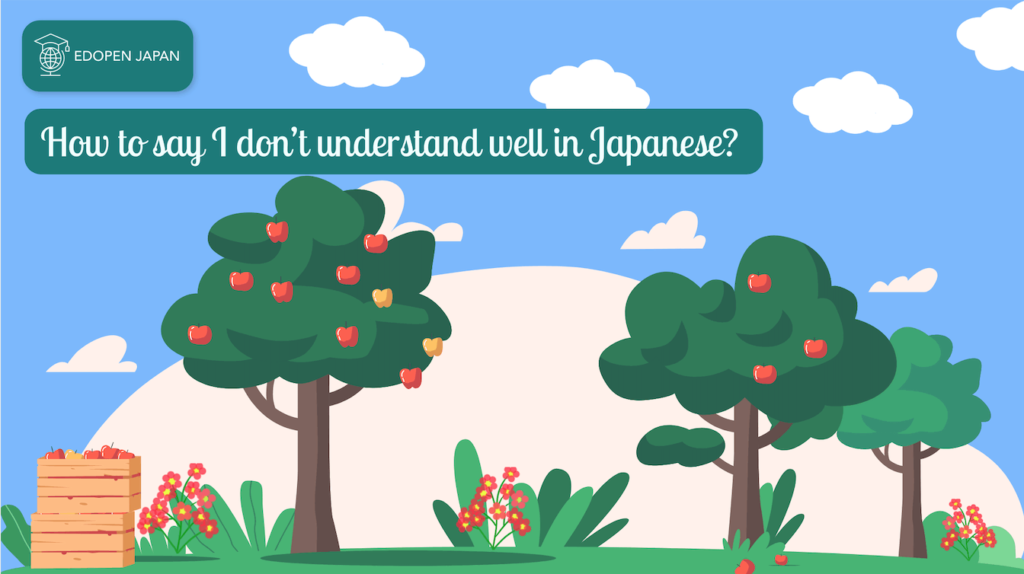
In this section we’ll learn another word that goes with “wakaranai”, as well as the word itself, which is very common in real conversations with the Japanese. You may hear it when you are studying or discussing a topic with them.
If you are not able to understand what you or your partner is saying, you can use yoku wakarani よくわからない. The first part of this phrase is よく (yoku), which means “good” in Japanese. This is followed by わからない (wakaranai), which means “don’t understand”, as we discussed above.
Accordingly, the literal meaning has changed from just わからない (wakaranai) meaning “I don’t understand” to “I don’t understand well”.
In particular, this phrase shows that you have been unable to relate your thinking to a part of a topic you are discussing, either because you don’t have the same knowledge or because the topic is not familiar enough to you.
Then, at the point where you are probably trying to connect or relate to what your partner is talking about, it would be much more polite and nice to use this phrase. When you say this, they will get an idea that you have tried to think of what the content is, unfortunately your knowledge to understand this is not enough, probably not more than 75%, again please use this phrase, よくわからない (yoku wakaranai).
Example of Sentence using “yoku wakaranai”
Let’s take the example below, if you are trying to understand the JLPT N1 grammar preparation book, but there is a part that you cannot understand, although you have read and reread it more than 3 times to understand it.
- この文法は複雑で、何回読んでもよくわからない。
Kono bunpō wa fukuzatsude, nankai yonde mo yoku wakaranai.
This grammar is complicated and I don’t understand it no matter how many times I read it.
When you add this phrase, yoku on wakaranai, it perfectly expresses that you have tried to understand, but you think that your understanding is still insufficient, then you have come up with よく分からない (yoku wakaranai). Just try it and see how your partner reacts.
How to express I don’t really understand in Japanese?
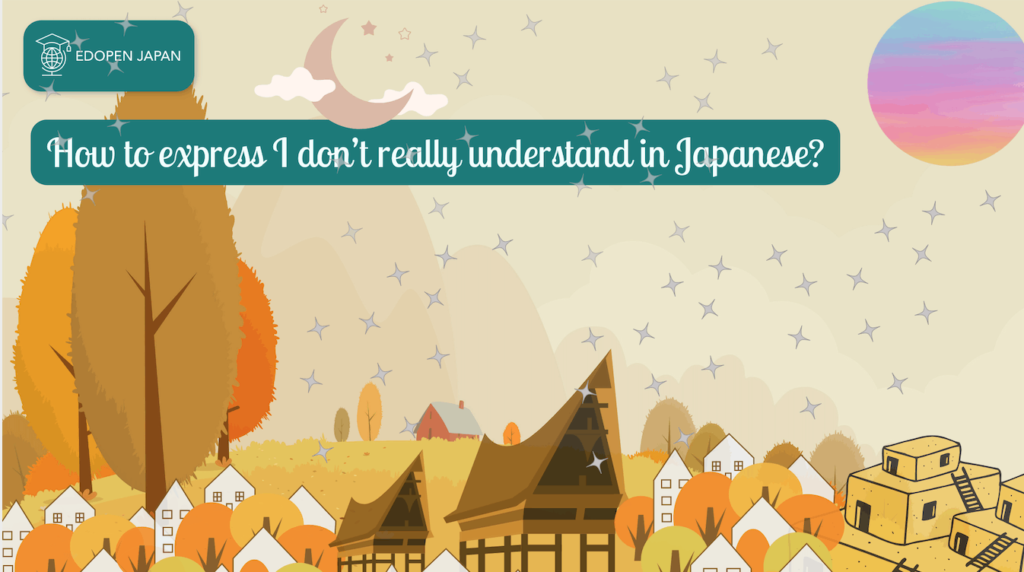
Not only よくわからない (yoku wakaranai), but also the following phrase is often used by the Japanese in their daily life. If you feel that you have a very limited understanding of less than 50%, you can try あまりわからない (amari wakaranai).
The general nuance of saying あまりわからない (amari wakaranai) is that there is not much understanding. What this means is that when you say あまりわからない (amari wakaranai) to your partner, you are basically telling them that you have little or no understanding of the content.
Example of sentences using “amari wakaranai”
Unfortunately, please bear in mind that this does not mean that you have no idea about it, it is just that your knowledge of the content is very minimal. To illustrate this point, please read the following example:
- その言葉は初めて聞いたので、あまり分からない。
Sono kotoba wa hajimete kiitanode, amari wakaranai.
I’ve never heard that word, so I don’t really understand it.
This sentence could have another meaning, such as “I have never heard this word before, so I only know a little about it (only from what you have explained)”.
The word あまり (amari) in English means “not really”. This word as its meaning emphasises that you “don’t really” understand the context. In Japanese, the word あまり (amari) is used to express addition, to express the amount of something that is not much, not more than 50%.
- あまり日本語は話せない。
Amari nihongo wa hanasenai.
I couldn’t speak Japanese very much.
How to say I completely do not understand in Japanese?
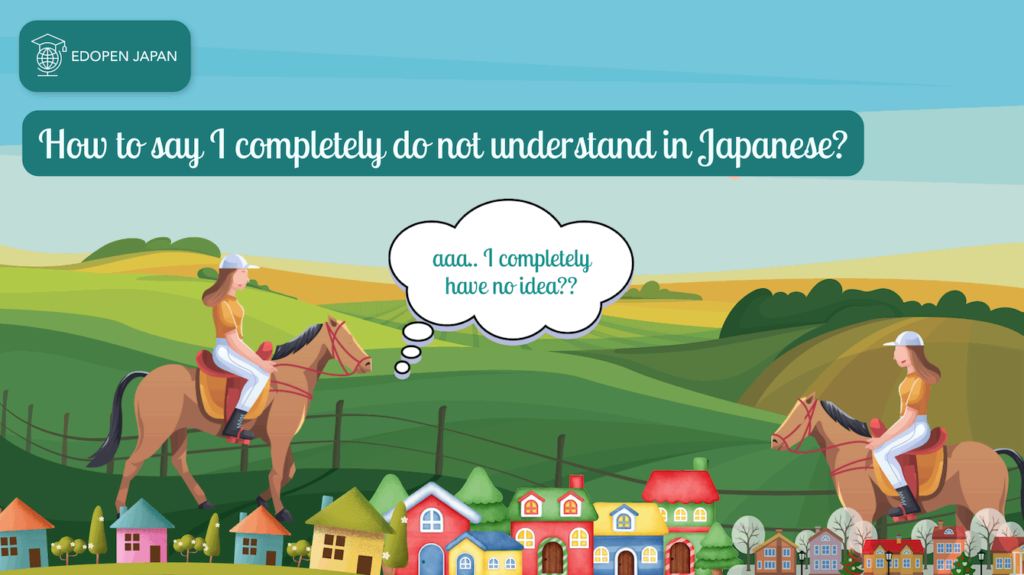
Another interesting alternative word for 分からない (wakaranai), which is also very commonly used by the Japanese, is 全然 (zenzen). 全然 (zenzen) is an adverb that has several literal meanings, such as the following, and is often used for negative occasions:
- completely (not or negative condition)
- not at all
- entirely (negative condition)
全然分からない (zenzen wakaranai) would probably be a perfect option if you really want to emphasise that you have 0% understanding of the context. When the word 全然 (zenzen) is added, it can be translated into English as “I have absolutely no idea” or “I completely don’t understand”.
Although it still expresses that you have actually tried to think and then try to understand the context, unfortunately you are completely clueless about it.
To give you an idea of how to use this phrase (全然 zenzen), take a look at the following example:
- 話し方が早口で、全然分からない。
Hanashikata ga hayakuchi de, zenzen wakaranai.
The speak is fast, (I) completely don’t understand.
Amazingly, you would probably hear the Japanese say this phrase several times in response, even adding 全然 (zenzen) to whatever the beginning of all the expressions they want to emphasise that there is none, none at all, or not even the slightest.
What’s 分からん (Wakarang) – Wakaranai in the Kansai dialect
Have you ever travelled to the Kansai area of Japan? The way they speak is a bit different from the people in Tokyo and the upper part of Japan. In Kansai, people use Kansai hougen or Kansai dialects.
That’s why in the Tokyo area people say “wakaranai” or sometimes women or children casually say “wakannai”. In the Kansai area, however, people say the last part of the word a little differently. Instead of using “ない nai”, they use “ん n or ng”. So in this case the word “wakaranai” has been changed to “wakarang”.
The meaning is not changed, it still has the same meaning of “don’t understand”, but saying “wakaran or wakarang” has a nuance of “(really) can’t understand that way of thinking or that kind of opinion is very strange or not supposed to be like that”.
Conclusion
Finally, let’s summarise what we have discussed about “分からない wakaranai” in the following points:
- The meaning of 分からない (wakaranai) in English is “I don’t understand”.
- Wakarai could be considered more polite and respectful when added to the other adverbs such as よく (yoku) to be よく分からない, あまり (amari) to be あまり分からない and 全然 (zenzen) to be 全然分からない (zenzen wakaranai).
- Our expression would be more accurate and respectful if we added the specific adverbs before wakaranai.
Also, please do not forget that 分からない (wakaranai) could also be pronounced as 分からん (wakarang), which is a common Kansai dialect expression meaning ‘I don’t understand’.

